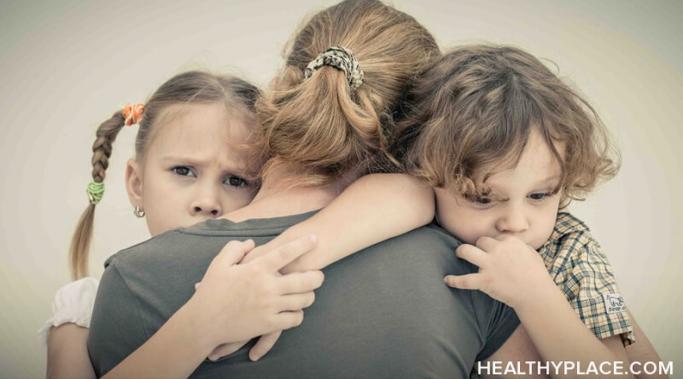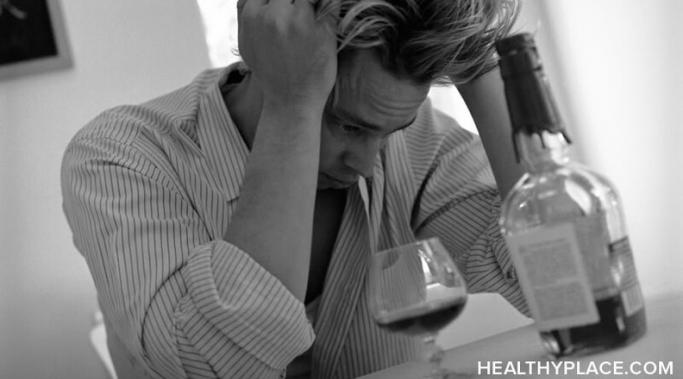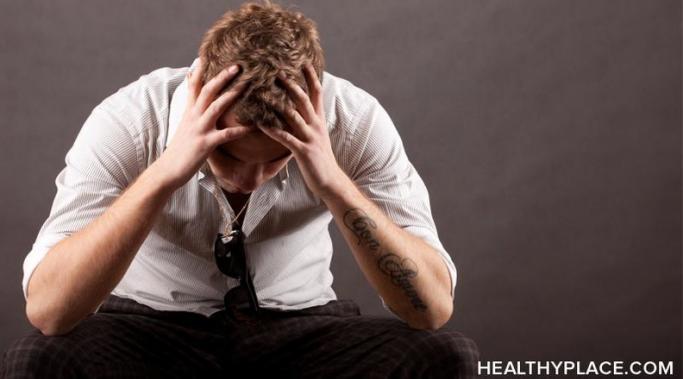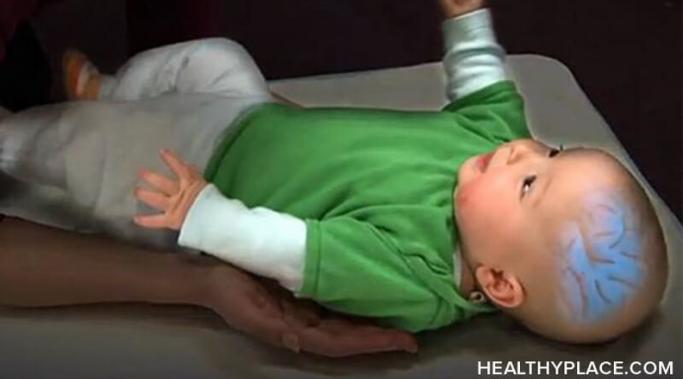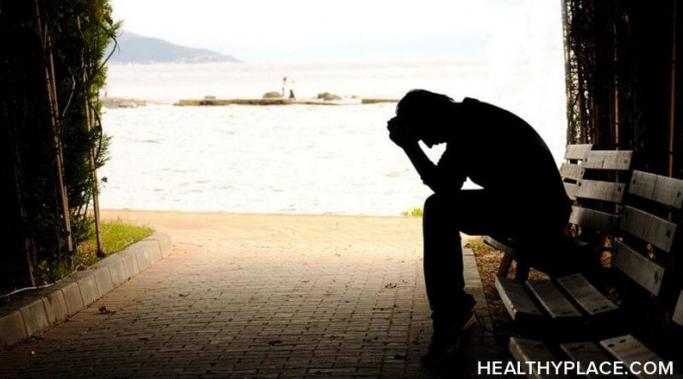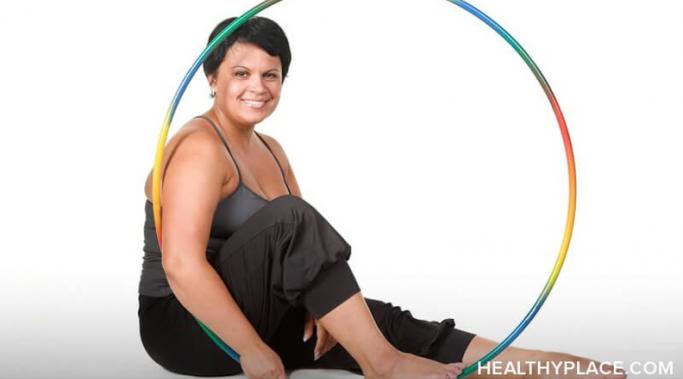The cycle of dysfunction - you grow up in a significantly dysfunctional family and it has an impact on you. Now you have kids and the cycle of family dysfunction continues. Without recognition and positive change, the family dysfunction is passed from generation to generation.
TV Show Blog
Amanda_HP
I don't know anyone who has set out to become an alcoholic. For most, alcoholism creeps up on you. Take Kendra for instance. She's our guest on this week's HealthyPlace Mental Health TV Show.
Kendra started binge drinking in college. It was part of the social scene, so it never struck her that binge drinking might be an indication of a drinking problem. After all, she was only drinking one day a week. Of course, that was the early years.
Recently, a friend shared her story of childhood abuse, drug addiction, kidnapping and rape, and fighting for survival while living on the streets. I was moved when she mentioned the acts of kindness that made an impact on her life - a man who let her sleep in the back of his shop, a banker who took $100 out of his own pocket and gave it to her. These generosities may have seemed small to those men at the time. But they served as reminders to a struggling, wounded person that there is some good in this world; that human beings, despite her experiences that testified to the opposite, are capable of profound compassion and generosity.
It's clear to me that those men did something good for her. But what did they do for themselves? We know helping others may impact their lives. But how does it impact ours? Is there self-healing power in helping others?
Many years ago, I took a prescription drug that had an intolerable side-effect: severe anxiety. I couldn't sit still. I couldn't concentrate. I felt like I was coming out of my skin. After about six weeks I couldn't stand it anymore and my doctor prescribed a different drug. Though I live with chronic, problematic anxiety, it rarely rises to the level of what I experienced while on that drug. I wonder about people who struggle all the time with such severe anxiety and panic attacks. I wouldn't have been able to function if I'd had to keep taking that drug. How do other people cope with debilitating anxiety disorders?
Although world-wide research over the last 20 years has indicated that women experience depression at 1 ½ to 2 times the rate of men, recent research conducted by Jed Diamond, Ph.D, and others, indicates that male depression has been under-reported and is beginning to rise significantly. In his 2009 book, Male vs. Female Depression: Why Men Act Out and Women Act In, Diamond reported on a major research study that concluded “Women seek help—men die.” The study found that 75% of those who sought professional help at a suicide prevention program were female. Conversely 75% of those who died by suicide in the same year were male.
If I'd had to win the job of mother to my son on a Survivor-style reality game show, I would have been voted off within the first 6 months. As it is, I've lasted almost 13 years and done okay for the most part. But much of that success has to do with the fact that my child is physically and mentally healthy. In other words, he's not that difficult to parent. Children with autism have special limitations and needs that are bound to make parenting an autistic child an exponentially greater challenge than parenting already is.
As one of many people living with a depressive illness, I can attest to the crippling nature of depression. But I'm fortunate to have found a depression treatment that works well for me. While I've yet to find a medication or lifestyle change that eradicates major depression or dysthymia from my life altogether, there are drug treatments and lifestyle choices that together provide measurable relief - enough to make a profound difference. Others are not so lucky. Some people have tried medication after medication and have yet to find anything that markedly eases their depression symptoms. These people are living with treatment-resistant depression. What can they do?
Body image consists of our thoughts, feelings, and perceptions about our bodies, how we believe others see our bodies, and how we feel inside our bodies. When we see ourselves accurately, accept the way we look, and feel good about our bodies, we have a positive body image. But many of us, perhaps particularly women and girls, don't like the way we look and struggle daily to meet the unrealistic, impossible demands we place on ourselves. And for some, distorted body image can lead to depression, even eating disorders.
On March 6, 2006, Paula Hardin said her good-byes and shot herself in the chest. Three days later, she woke up. It was the second time she'd attempted suicide, the second time she'd lived on in spite of herself.
My son is 12 and will officially enter the realm of adolescence in a matter of months. I can't tell you how many times I've heard dire warnings and grave well wishes from parents who have been there and know firsthand the unique challenges that go along with parenting teenagers. I've assumed for some time that parents-in-the-know exaggerate the difficulties facing parents of teenagers for comic effect.
